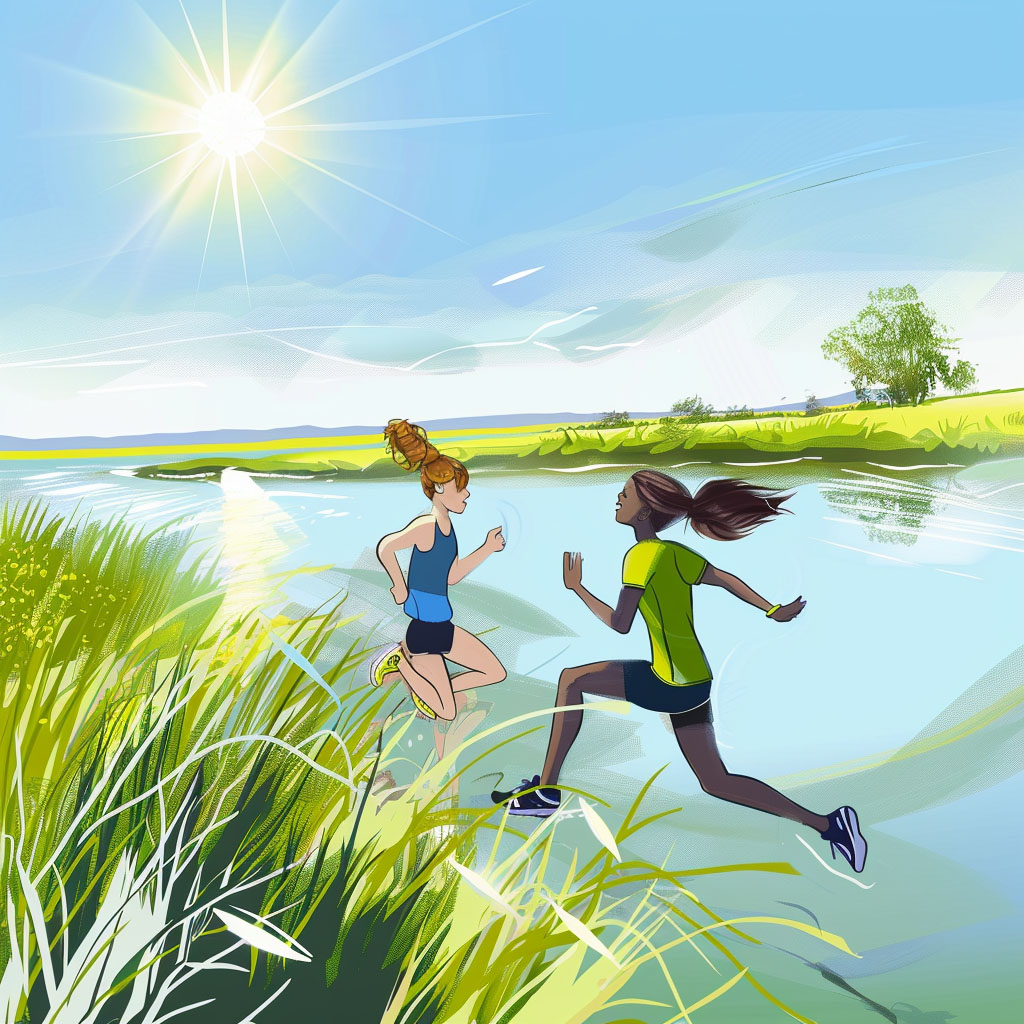Understanding the Camp Counselor Role
The role of a camp counselor is vital for creating a positive camp experience. Counselors not only lead activities but also ensure safety and well-being. A counselor’s qualities and responsibilities shape the environment.
Essential Qualities and Skills
A great camp counselor possesses several important qualities:
- Leadership: We guide campers through activities, helping them learn and grow.
- Communication: Clear communication helps us connect with campers and fellow staff.
- Empathy: Understanding campers’ feelings fosters trust and support.
- Teamwork: Collaborating with other counselors makes our camp run smoothly.
- Problem-Solving: We need to think quickly to address issues that come up.
- Adaptability: Each day brings new challenges, requiring us to adjust our approach.
These skills ensure we create a safe and enjoyable environment for all campers.
Key Responsibilities in a Camp Setting
Counselors have various key responsibilities to carry out during camp:
- Activity Planning: We design and lead engaging camp activities.
- Supervision: Keeping an eye on campers to ensure their safety is essential.
- Conflict Resolution: Addressing disputes between campers helps maintain harmony.
- Role Modeling: We set a good example in behavior and attitude for campers to follow.
- Team Management: Coordinating with fellow counselors keeps everything organized.
By fulfilling these responsibilities, we make sure that camp runs effectively and safely.
Safety and Well-Being Protocols
Safety is a top priority in our role as camp counselors. Important protocols include:
- First Aid Training: We must know how to handle basic injuries and emergencies.
- CPR Certification: Being trained in CPR prepares us for unexpected situations.
- Enforcing Safety Rules: We explain and ensure campers follow the rules to stay safe.
- Health Checks: Regularly monitoring campers’ well-being helps us catch any issues early.
- Emergency Preparedness: Having a plan for different emergencies is crucial.
These protocols help us create a safe environment where campers can thrive.
Creating an Inclusive Camp Environment
Creating an inclusive camp environment is vital for all campers to feel welcome. We focus on:
- Encouraging Participation: We motivate every camper to join in activities, regardless of skill level.
- Promoting Respect: Teaching campers to respect each other fosters kindness and acceptance.
- Diverse Activities: Offering a range of activities ensures everyone finds something they enjoy.
- Cultural Awareness: We celebrate different backgrounds and encourage sharing among campers.
- Supportive Atmosphere: Providing support and understanding helps campers feel valued.
By prioritizing these areas, we work to ensure a positive and inclusive camp experience for every camper.
Effective Interaction with Campers
To create a positive experience for campers, we focus on engaging activities, clear communication, and supportive environments. By understanding their needs and interests, we help campers build friendships and grow during their time at camp.
Engaging Activities and Educational Programs
We provide a range of activities that inspire campers’ creativity and love for nature. Activities include:
- Arts and Crafts: These allow campers to express themselves. It can also lead to teamwork and fun memories.
- Outdoor Adventures: Hiking, kayaking, and nature exploration enhance campers’ skills while fostering a connection to the environment.
- Team Sports: Games promote friendship and healthy competition while building problem-solving skills.
Through structured programs, we ensure all campers participate according to their interests, helping them learn and have fun at the same time.
Communication and Interpersonal Skills
Effective communication is vital in our interactions with campers. We emphasize:
- Active Listening: We show that we care by listening to campers’ thoughts and concerns. This builds trust and improves relationships.
- Clear Instructions: Giving simple and direct guidance helps campers feel secure and confident while learning new activities.
- Encouragement: We offer positive feedback to boost their self-esteem and promote a supportive atmosphere.
By practicing these interpersonal skills, we create a safe space where campers feel valued and understood.
Addressing Homesickness and Behavioral Challenges
Homesickness is a common part of the camping experience. To help campers cope, we:
- Acknowledge their feelings: We empathize with their emotions, letting them know it’s okay to miss home.
- Provide Support: Organizing small group activities encourages friendships, easing loneliness.
- Create a Routine: A structured daily schedule helps campers feel secure and adapt to their new environment.
For behavioral challenges, we apply patience and understanding. Addressing problems calmly allows us to guide campers toward positive behavior changes.
Supporting Camper Independence and Growth
We prioritize fostering independence among campers. Strategies include:
- Encouraging Decision-Making: We allow campers to choose activities, helping them feel empowered and responsible.
- Setting Personal Goals: Campers can set and work toward individual goals. This promotes self-confidence and a sense of achievement.
- Providing Guidance: While we support their independence, we remain available to offer help when needed.
By focusing on personal growth, we help campers develop important life skills. They leave camp with lasting memories and a newfound sense of confidence.
I’m Cartez Augustus, a content creator based in Houston, Texas. Recently, I’ve been delving into different content marketing niches to achieve significant website growth. I enjoy experimenting with AI, SEO, and PPC. Creating content has been an exciting journey, enabling me to connect with individuals who possess a wealth of knowledge in these fields.

